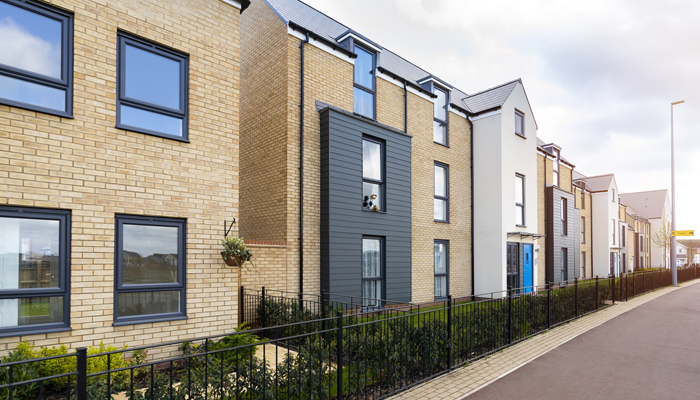A Simple Guide to Home Insurance
What is home insurance and what does it cover?
In this guide to home insurance, we explain the features that are usually found in buildings and contents insurance products.
Broadly speaking, the term home insurance covers two types of insurance: buildings insurance - covering the building; and contents insurance - covering items within the home. The two policies can be purchased separately, or as one combined policy. Landlords are required to purchase buildings insurance, while tenants are required to have contents insurance.
Do I need home insurance?
If you own your own home, you will need buildings insurance. If you are renting a property, you will need contents insurance.
What is buildings insurance?
Buildings insurance covers damage to the structure of and anything permanently fixed within a property, which includes walls, roof, floors, and fixtures and fittings. The things you need to cover in additional 'contents insurance' are household goods and personal possessions currently within the property. For further information speak to your insurance adviser.
What does buildings insurance cover?
Buildings insurance covers the cost of repairing or rebuilding your home. This will often cover damages to your home caused by:
- Falling trees
- Fire, smoke and explosions
- Oil leakages
- Storms and flooding
- Subsidence
- Vandalism
- Vehicle collisions
- Water damage
What does buildings insurance not cover?
Buildings insurance does not cover general wear and tear. General wear and tear is the kind of light damage you would expect over the life of an item that is being used. For example, slight fraying of curtains and upholstery, or scuffs and light marks on floors and walls.
What is contents insurance?
Home contents insurance covers damage to, or loss of, any of your personal possessions while they are located within your home. Basic contents insurance does not cover possessions while they are outside your home - for example, a handbag while you are on your daily commute - but some contents insurance policies provide some away-from-home cover.
Things to consider when selecting a home insurance policy
-
Calculating the value of your possessions - It's important to calculate the cost of your possessions accurately when purchasing your home contents insurance. Be sure to remember any valuable items, including jewellery and electronics.
-
New-for-old cover - When calculating the value of your home contents for insurance purposes, consider how much it would cost to replace your possessions with brand new replacements.
-
Calculating your home's rebuild cost - Be sure to calculate your home's rebuild cost accurately - ABI have a good rebuilding cost calculator. Underestimating your property's rebuild cost could result in problems, should you ever need to rebuild your home, while overestimating your home's rebuild cost may result in an unnecessarily high premium.
-
Excess - As with all insurance policies, look at your excesses. Some insurers will offer lower premiums if your policy includes higher excesses.
-
Away from home cover - Check whether your policy includes away-from-home cover. The value of items you carry around on your daily commute may be higher than you think!
-
Running a business from home - If you are running a business from home, you will need a home business insurance policy to reflect this. If you take out standard home insurance when running a home business, your policy may be invalidated.
-
Home security precautions - Taking certain home security precautions such as the installation of highly secure locks, security cameras and alarm systems may reduce your overall insurance premium. It is also important to be sure that you are at least meeting the minimum security requirements for your home insurance policy.
Home insurance from Towergate
We offer specialist home insurance policies tailored to your needs. Contact our home insurance team today for a quote on 03447 368 249 or see our home insurance page.
About the author
James Cooper is a respected industry leader with over 10 years' experience in the home and property insurance sector. He works across a broad range of insurance product and policy development and delivery, including product development; customer sales and marketing; and P&L accountability.
Date: July 21, 2017
Category: Home and Property







